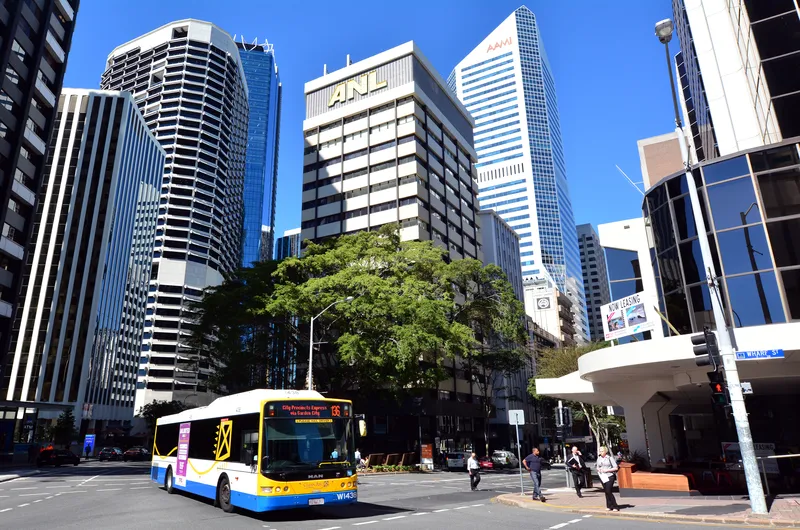
ITS specialist
It held a celebratory function hosted by company CEO Georg Kapsch on Tuesday at its stand to mark this achievement, which it passed in January this year. Said to be the smallest on the market, Kapsch OBUs are suitable for any kind of electronic fee collection, and are fully compliant with international standards. They are manufactured at Kapsch’s three production sites around the world.
And as the industry is evolving towards integrated transport, corridor management and connected vehicles, Kapsch has been developing the technology to support these innovative concepts –ultimately embracing mobility as part of smart city concepts.
According to Benoit Robinet, Kapsch TrafficCom Transportation’s vice president, strategy and marketing, the company is at this week’s ITS World Congress in Melbourne to highlight Kapsch’s systems and technologies to support current
needs – but with an eye on the future and the overall smart mobility concept.
“We are featuring our smart mobility suite of products, which we have developed to accommodate an individual agency's transportation management needs, whether a simple signal system to an ATMS or more complex system.
“This suite can now handle full regional requirements between multiple agencies and mobility stakeholders, including event management, decision support systems, traffic forecasting – driving ultimately towards full automation and coordination to meet the needs of connected corridors.
“By such mobility optimisation, agencies can provide the link between what is happening out in the environment and commuters,” he said.
Robinet said Kapsch can also demonstrate success for its approach and technology.
“Since 2013, we have been operating one of the two integrated corridor management deployment sites in Dallas, Texas, where our smart mobility solutions are being used as the ‘brains’ behind the entire operation across multiple jurisdictions,” he said. The system was originally planned for the 20 miles (32km) of the US75 corridor, with multiple stakeholders.
Since then, based on the success of this operation, use of this system has expanded to many more cities and agencies, and will continue to grow to make mobility on US75 corridor more efficient, safe and sustainable.









